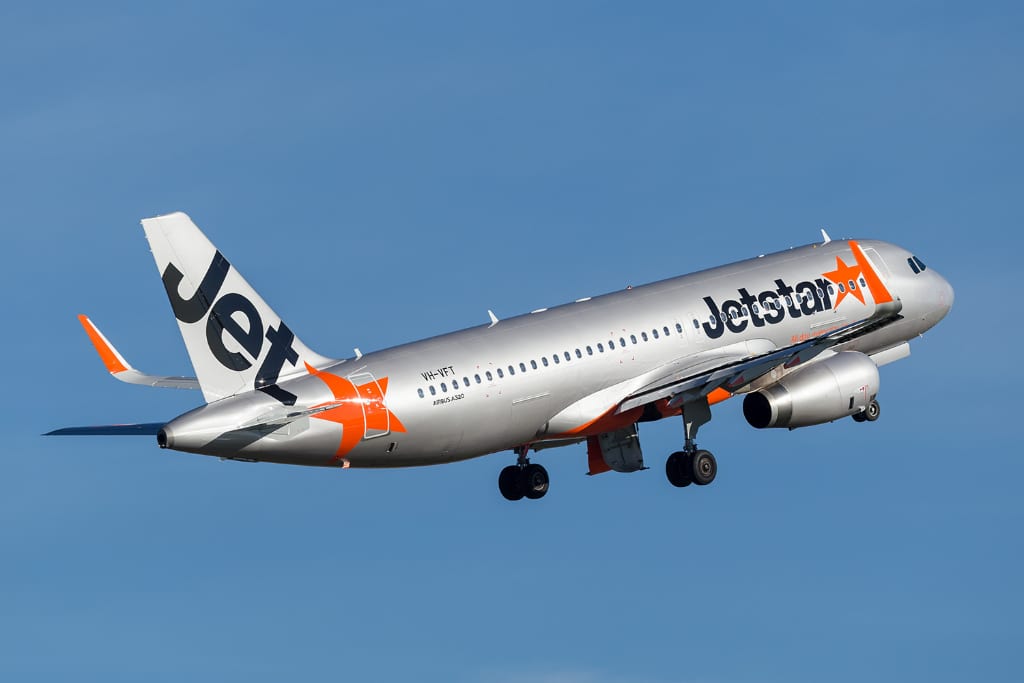Travelport Sees India as Its Path to Reverse Market Share Losses

Skift Take
Gordon Wilson, the CEO of Travelport, said in an interview that he sees India as one of the drivers of its long-term growth. That's plausible, but not assured. Private equity should take the company private to shield it from quarterly earnings pressure, and allow it to invest properly to make the most of its varied opportunities.
Travelport has a global market share problem. But the Langley, UK-based travel technology company forecast during a quarterly earnings report that its recently signed long-term deals in India will be a key driver in helping it retake share from its competitors.
Travelport's volume of air business is about the same as it was six years ago.
In the third quarter, Travelport helped travel agencies process 81.5 million airline segments, which means nonstop flights from one city to the next, net of cancellations. But it reported more segments — 85 million — in the third quarter of 2012.
The stagnation in number of segments processed has allowed Travelport's main rivals, Amadeus and Sabre, to steal about 3 percentage points of global air market share over a half-dozen years.
Part of the issue is that Travelport has lost some clients. In the past year, Travelport has l

